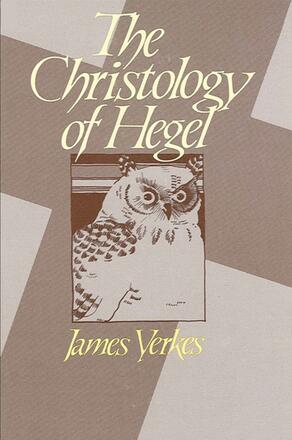
Christology of Hegel
Alternative formats available from:
Description
James Yerkes undertakes a systematic exploration of the full range of Hegel’s works to discover what philosophical, religious, and historical significance Hegel attributed to the Christian witness that Jesus of Nazareth was the Christ.
James Yerkes is Associate Professor of Theology at Earlham School of Religion.
Reviews
"The Christology of Hegel by James Yerkes can take its place among the finest studies in Hegel's philosophy of religion in any language. The price of admission to Hegel scholarship of this quality runs high, and Yerkes has paid it. He has mastered all the relevant texts in Hegel's corpus, moving among them with easy familiarity. He has read widely in the best of the secondary literature; the organization of his study shows magisterial command, and he turns his scholarship to the service of well-formulated contemporary issues. " — The Journal of Religion
"It is extraordinarily intelligent, eminently intelligible, and lucidly clear—which last can be said of very few works on Hegel. " — International Studies in Philosophy
"Exposes with unprecedented precision, the central significance of the Christian faith in Hegel's philosophy. " — Religious Studies Review
"Excels in breadth of topic and boldness of execution. " — International Philosophical Quarterly